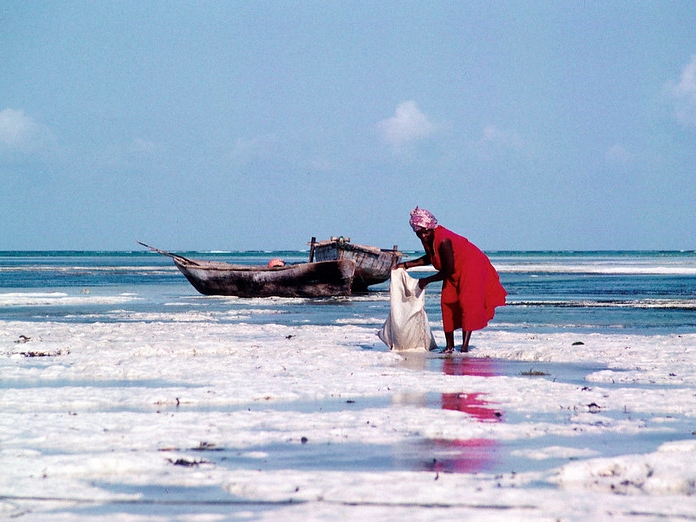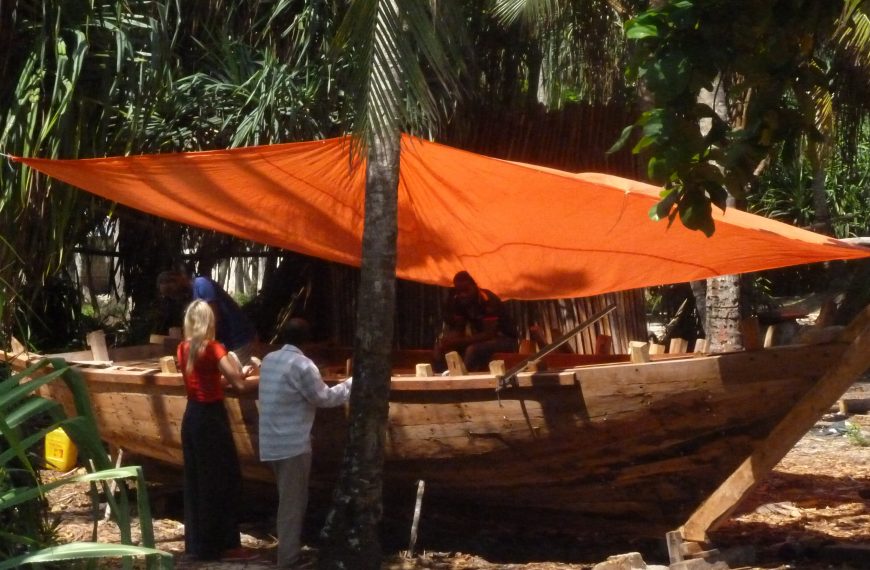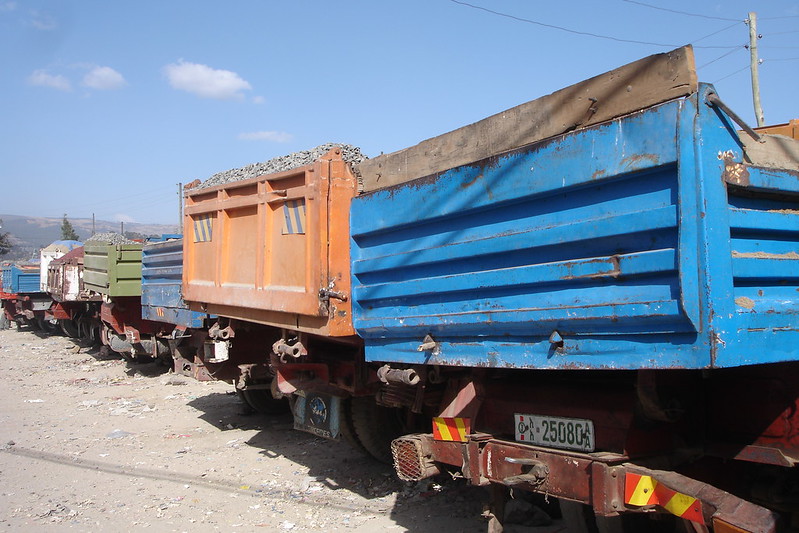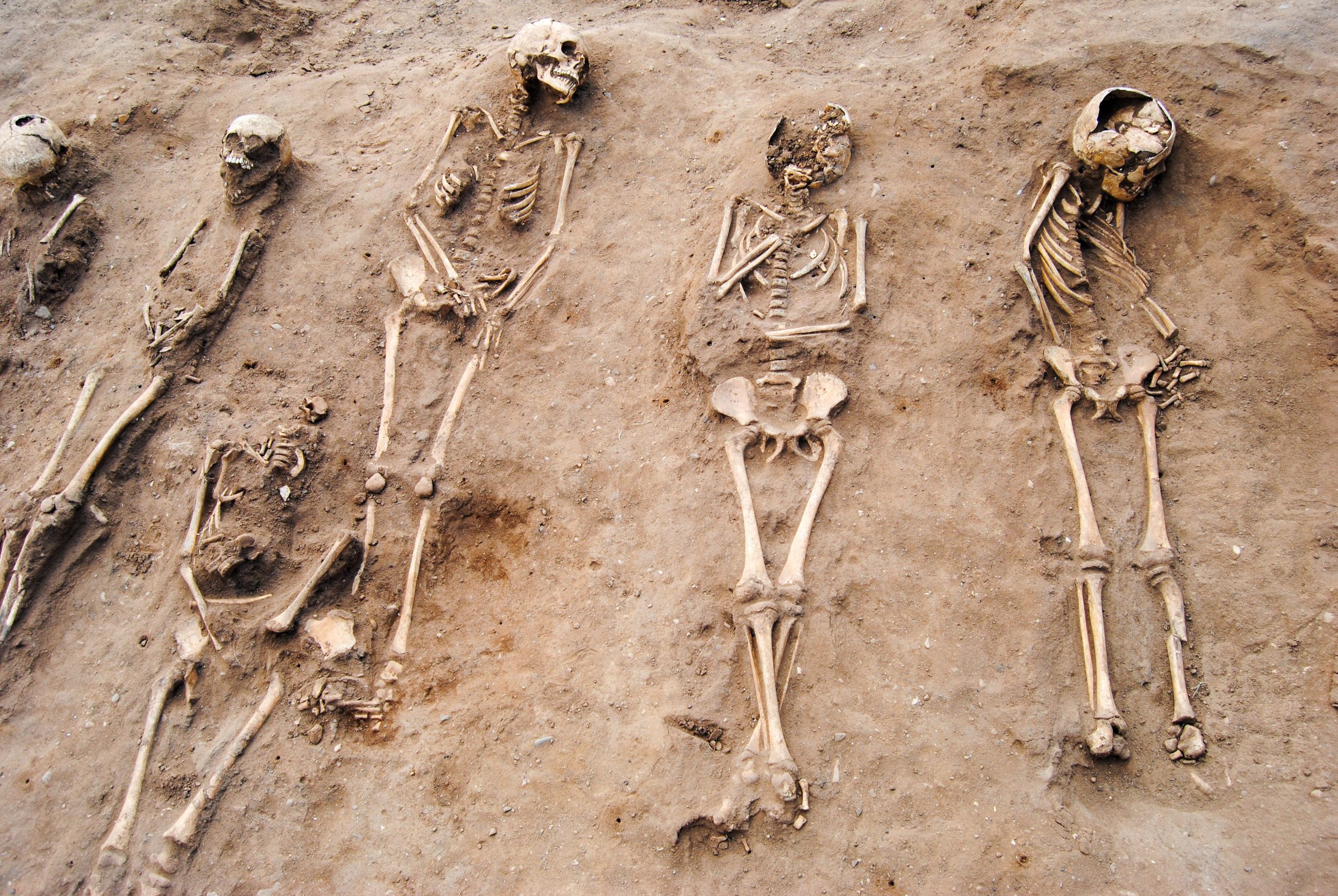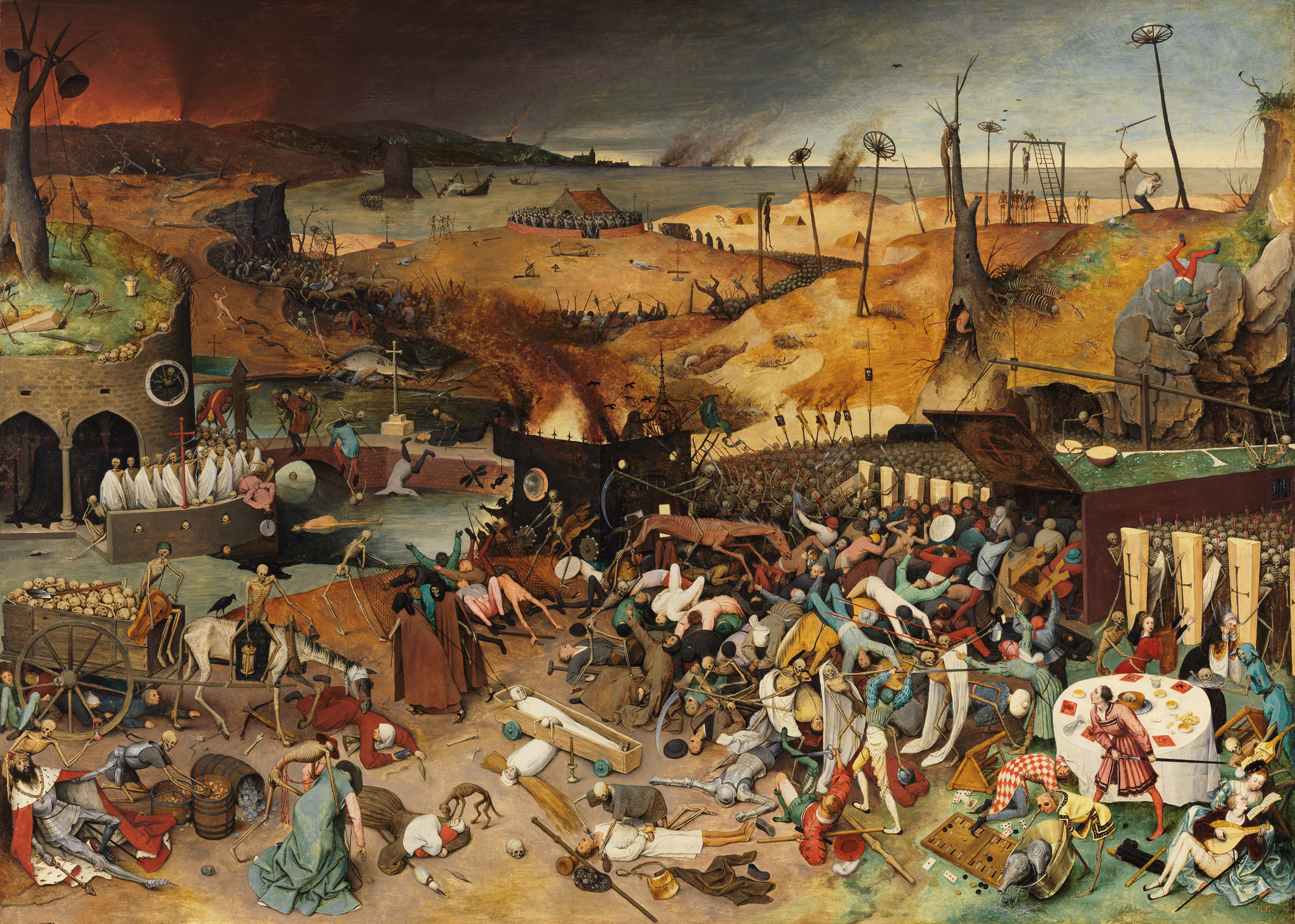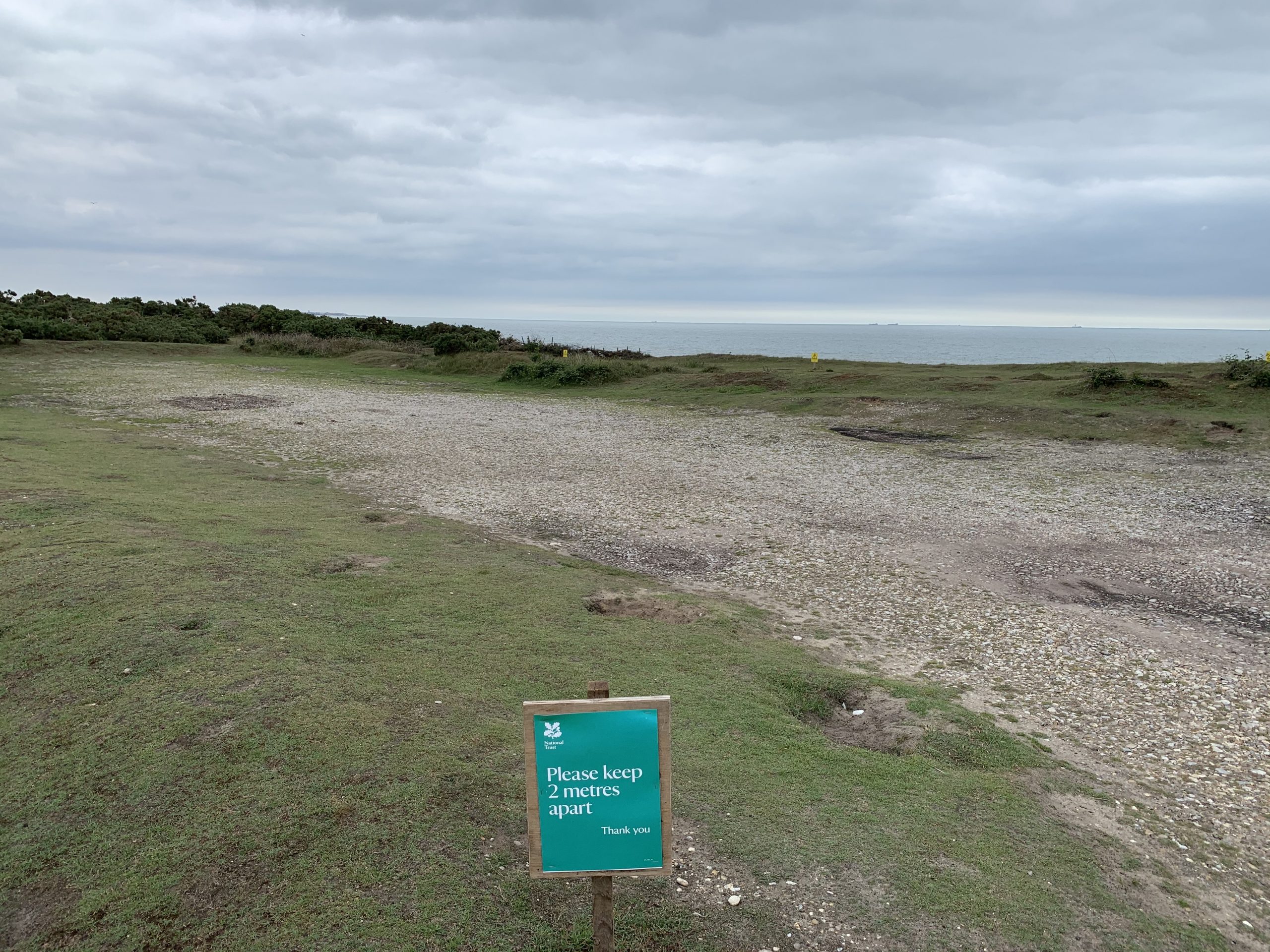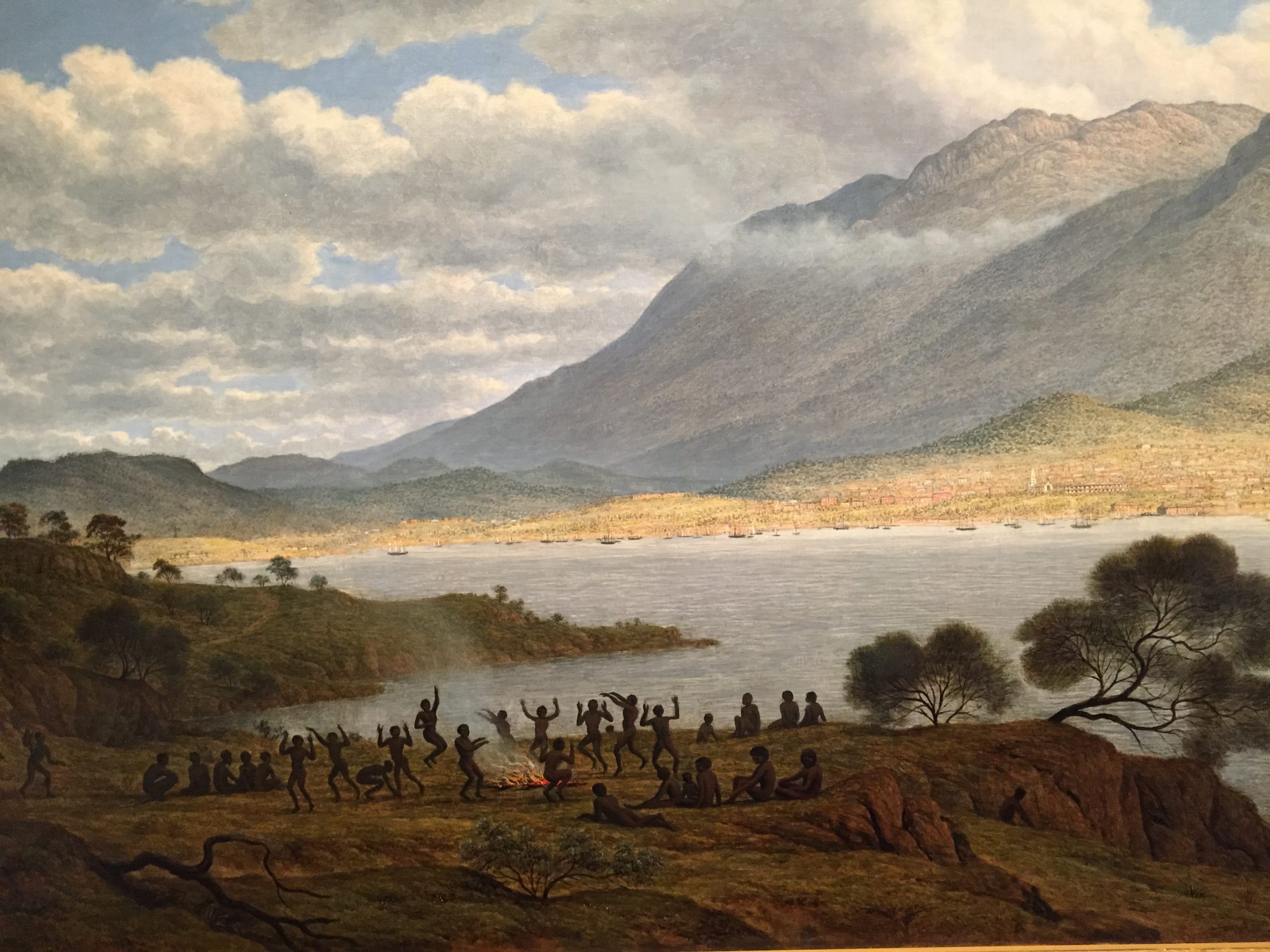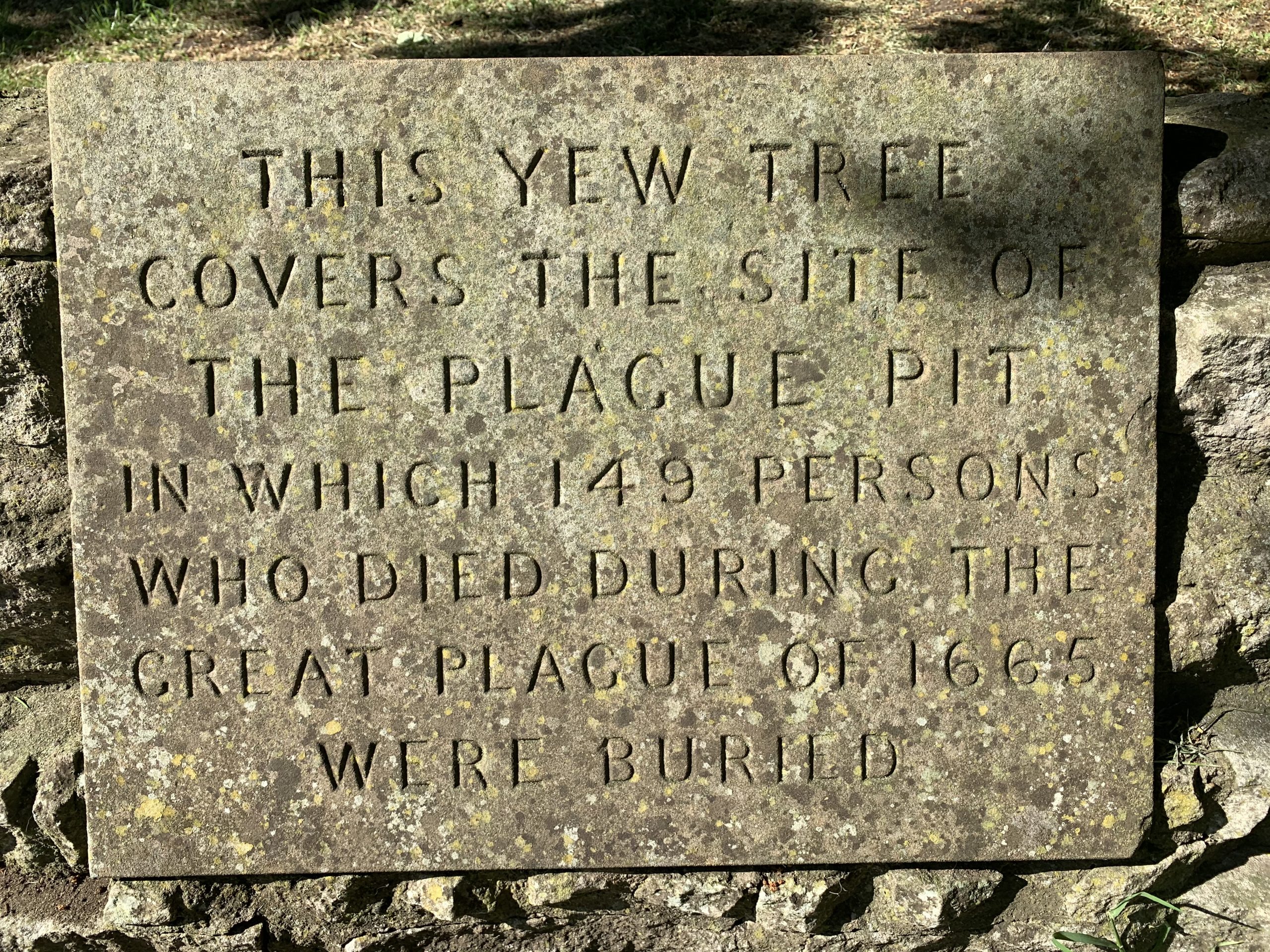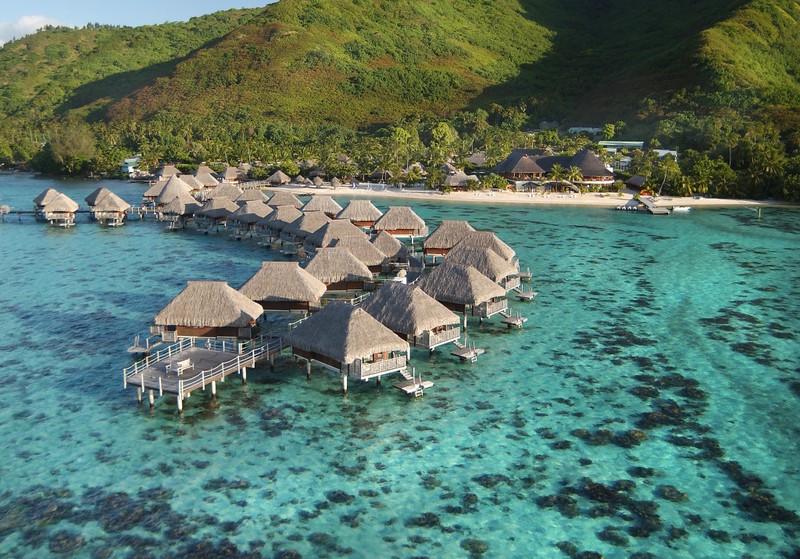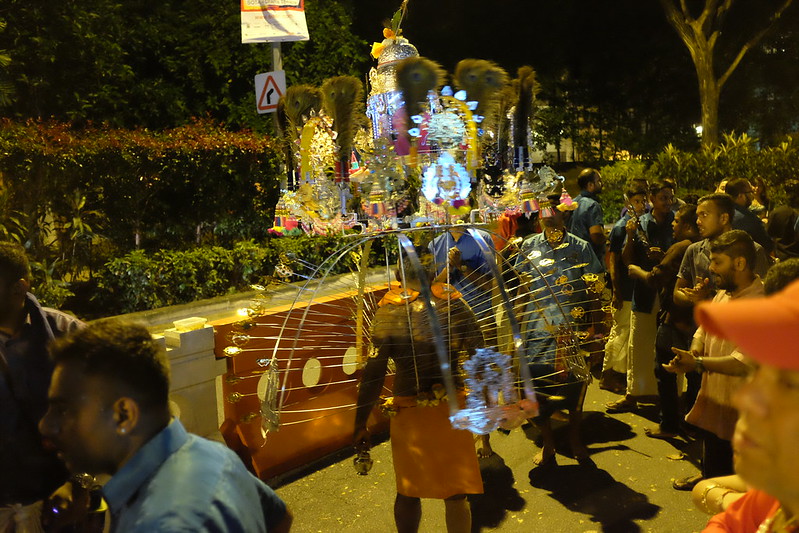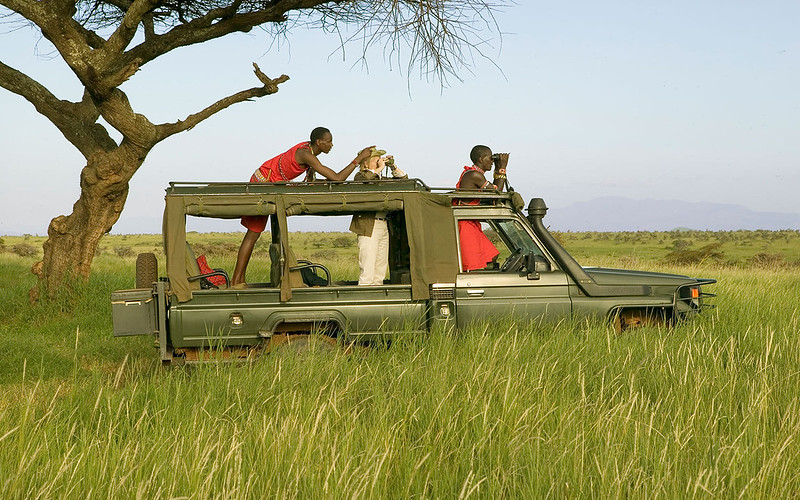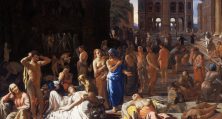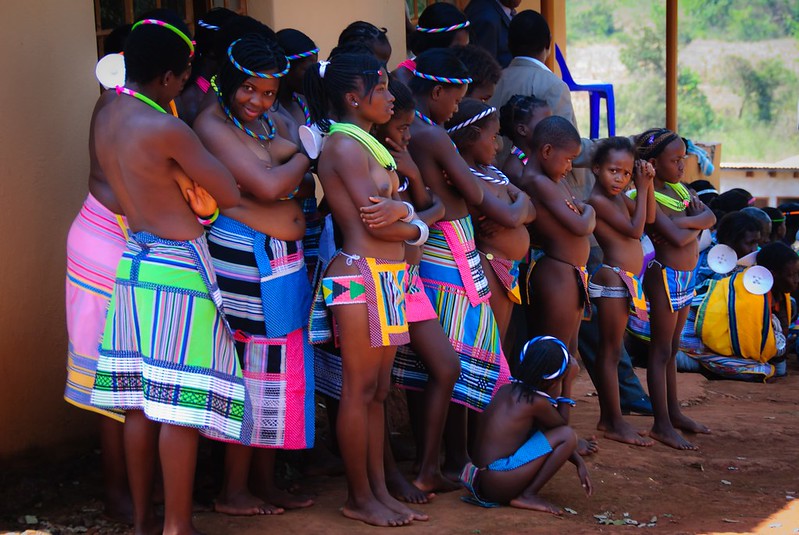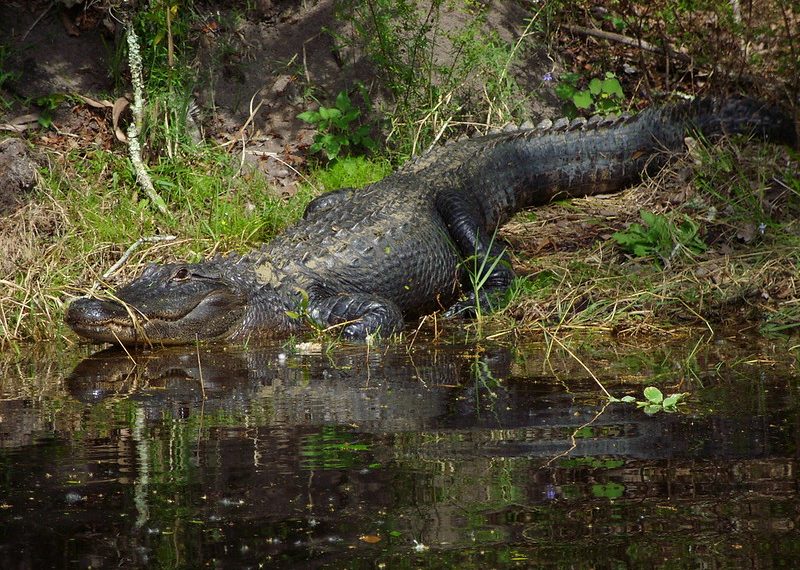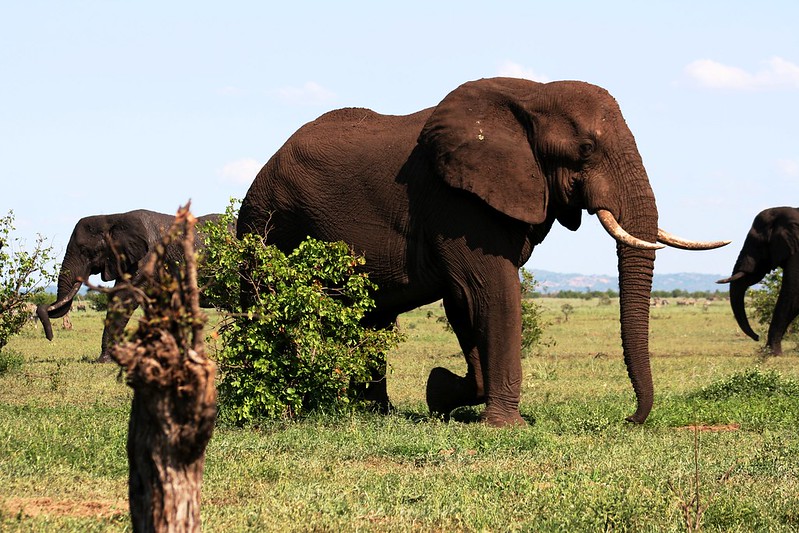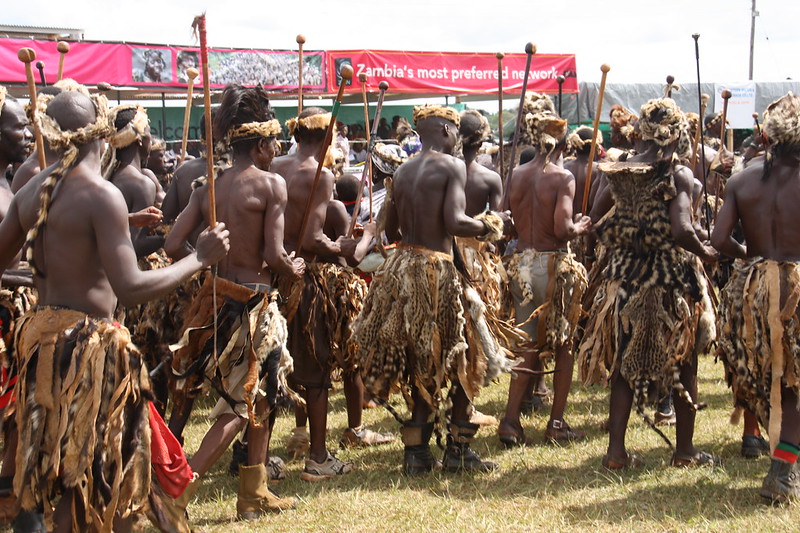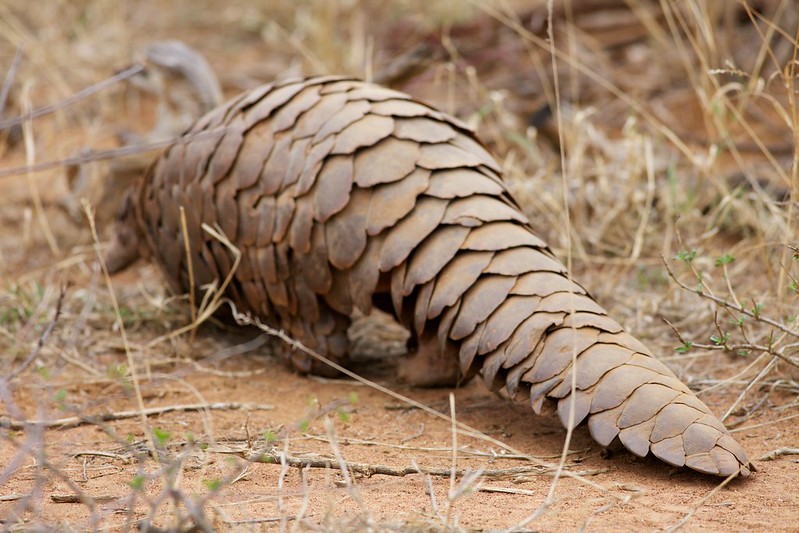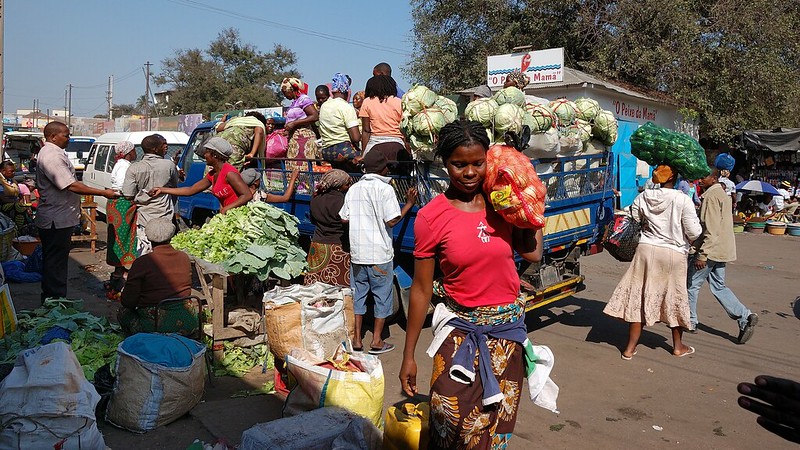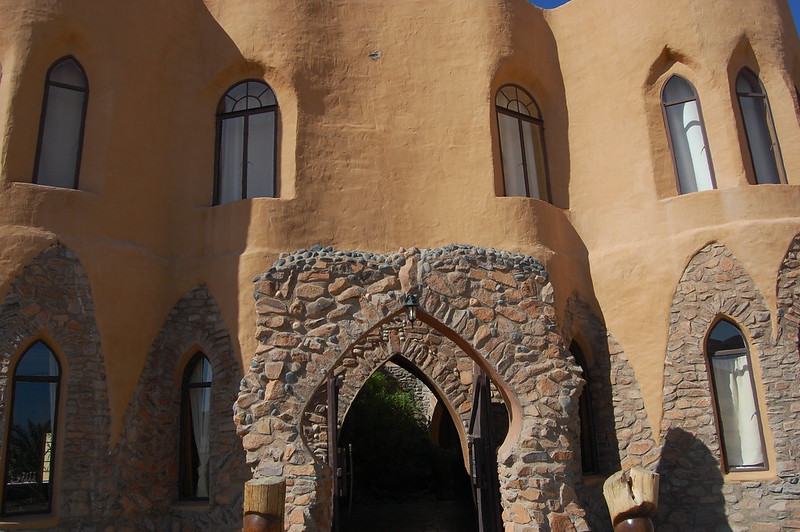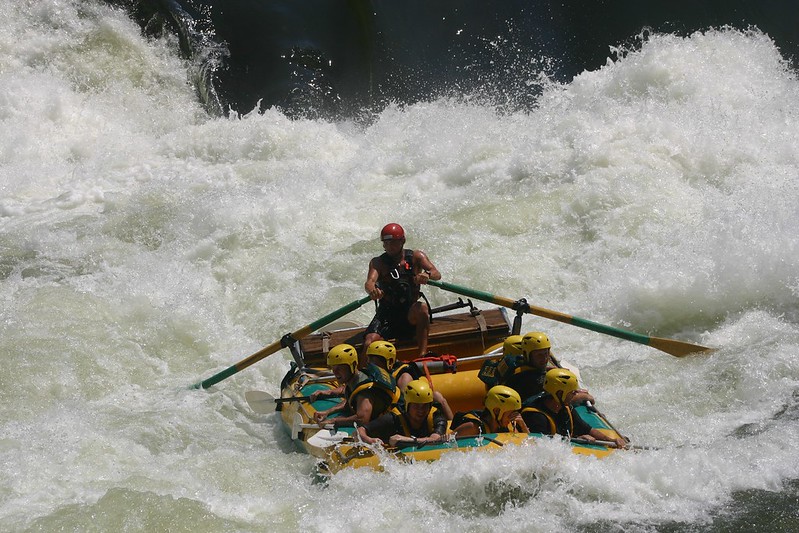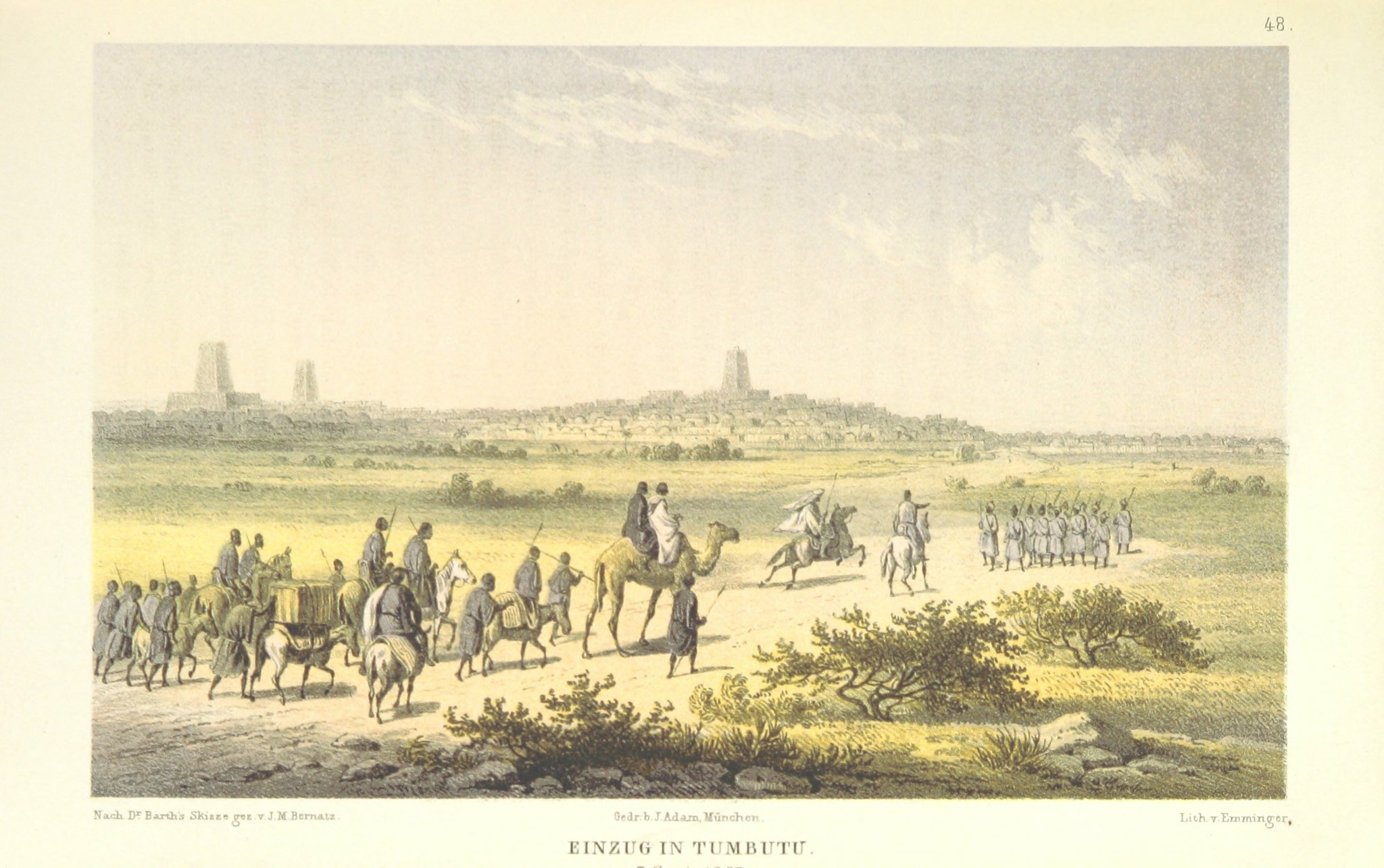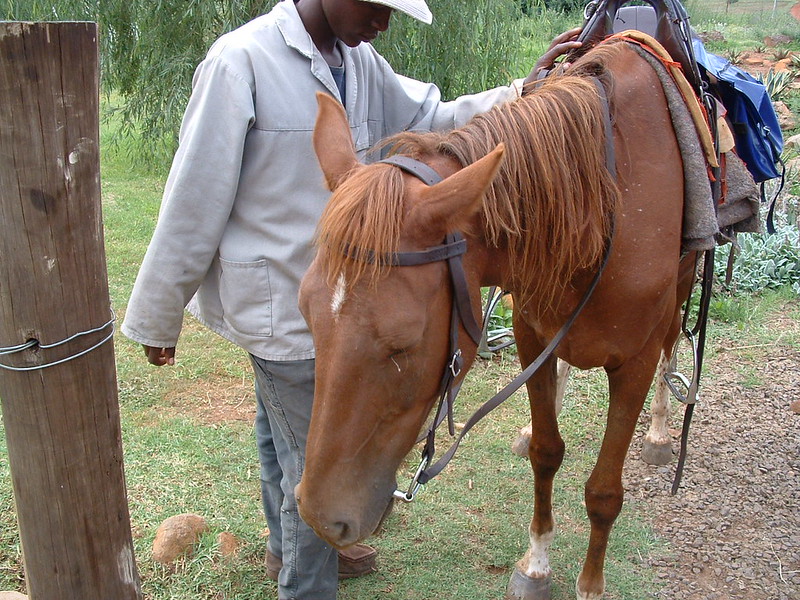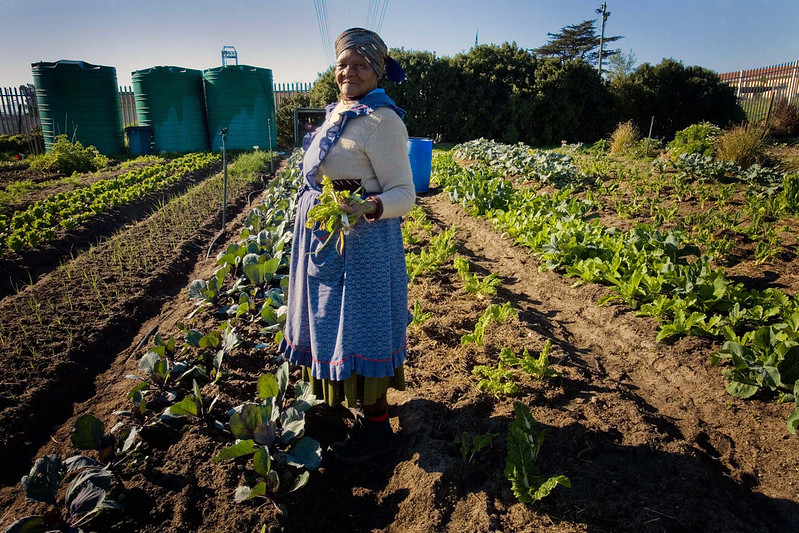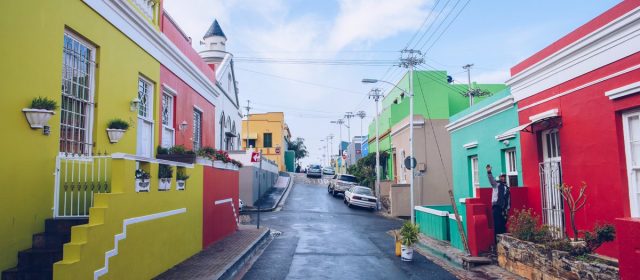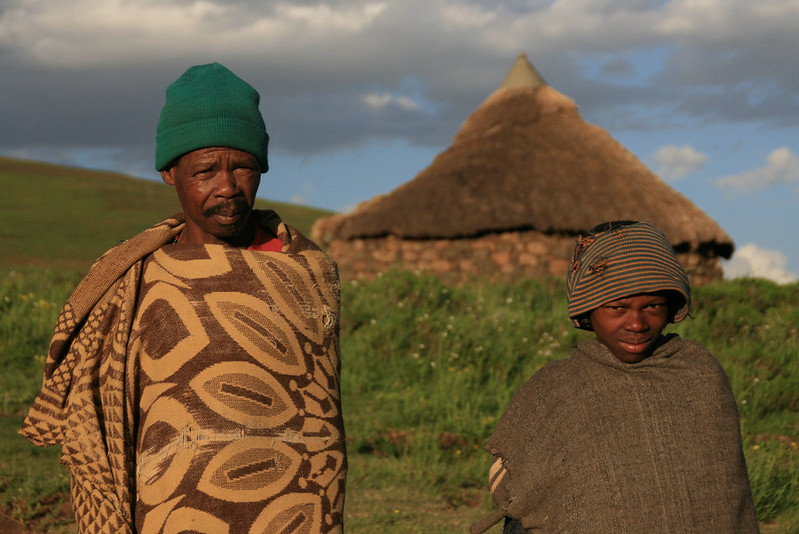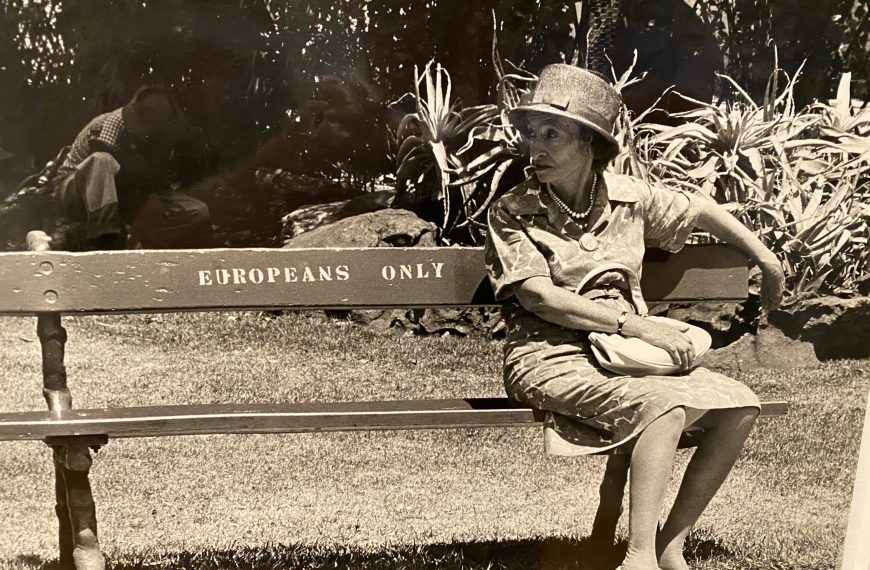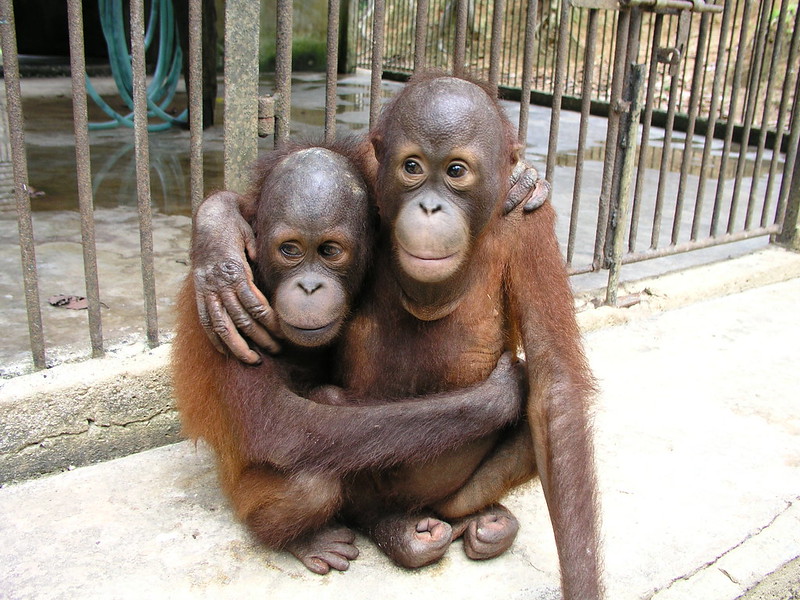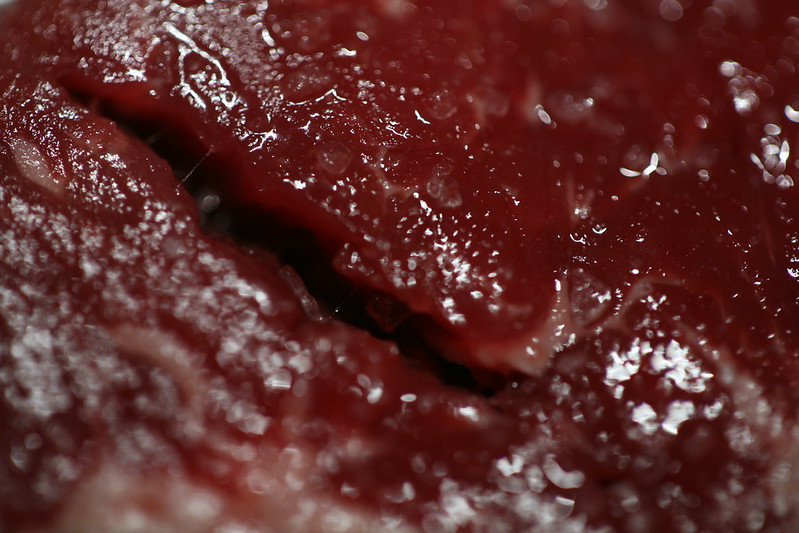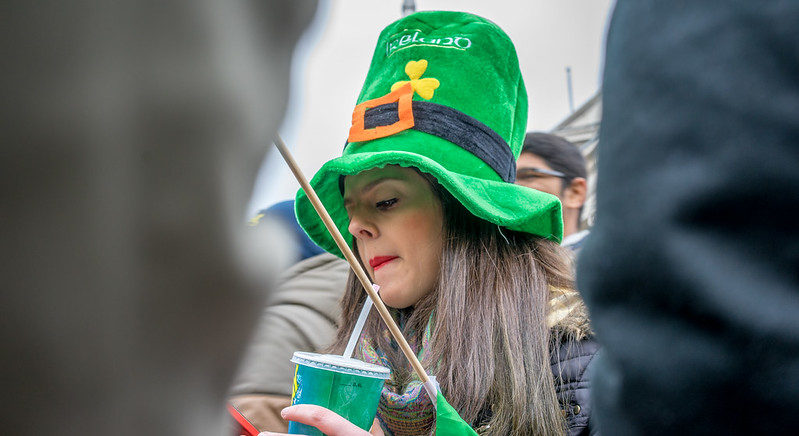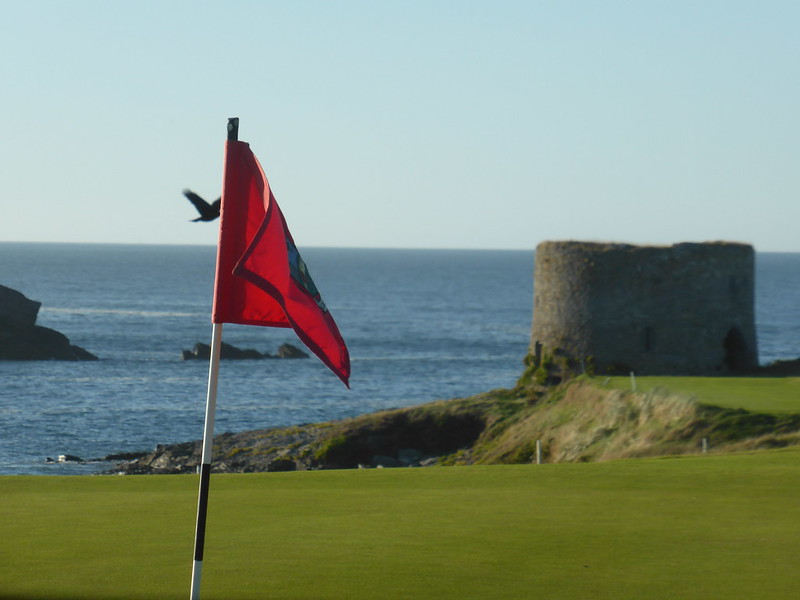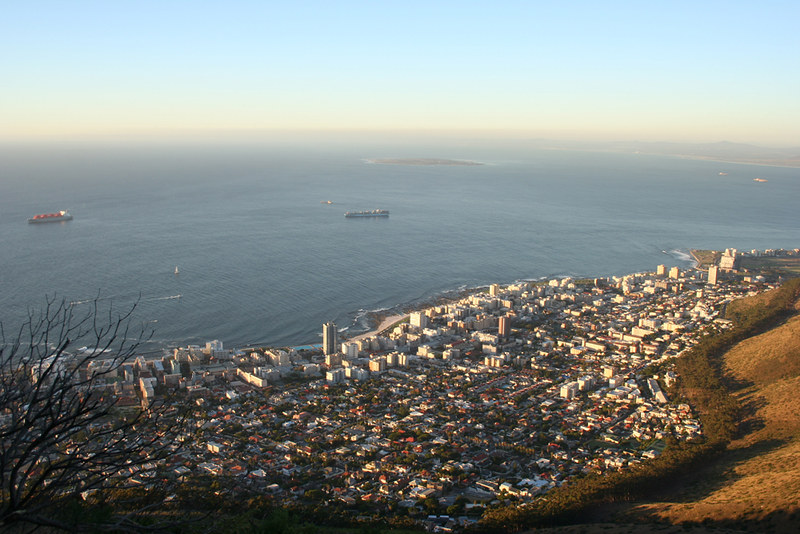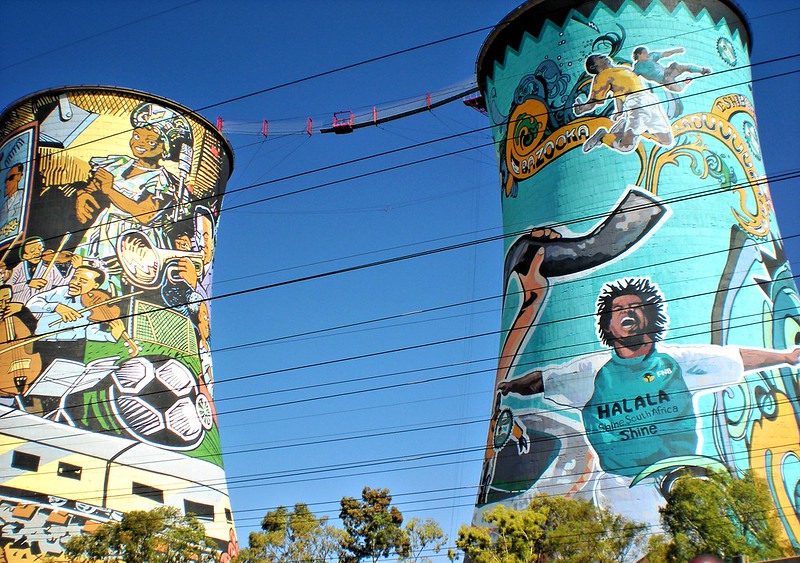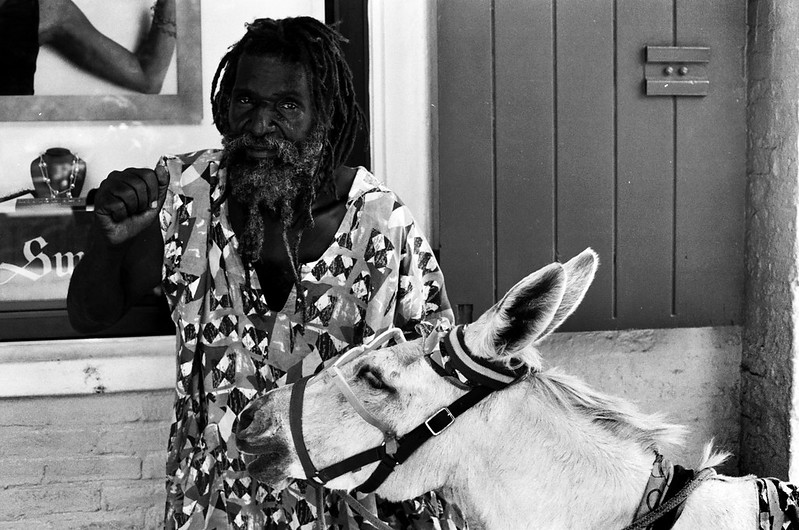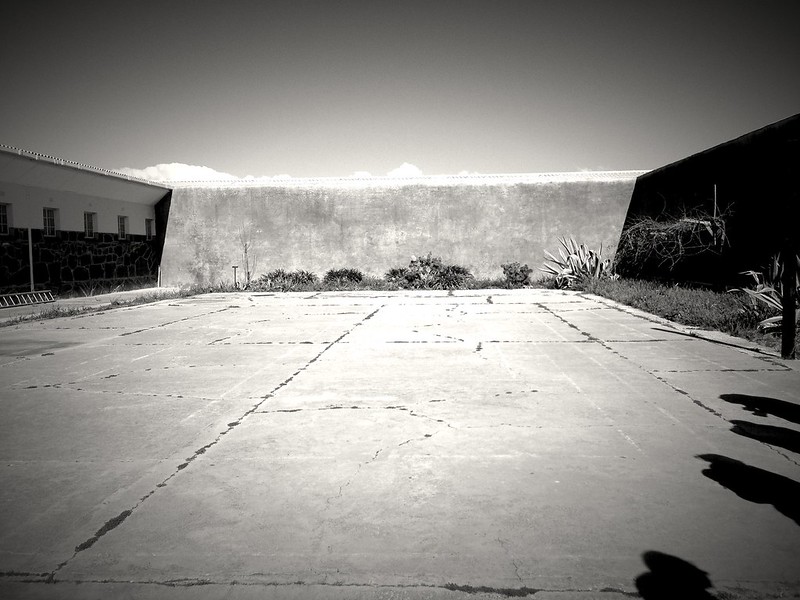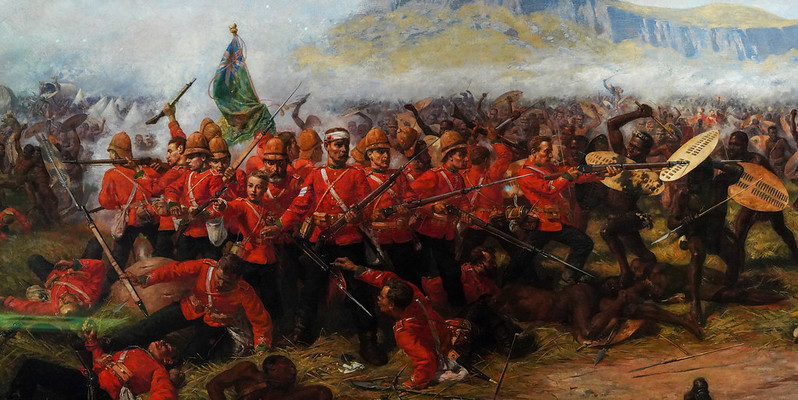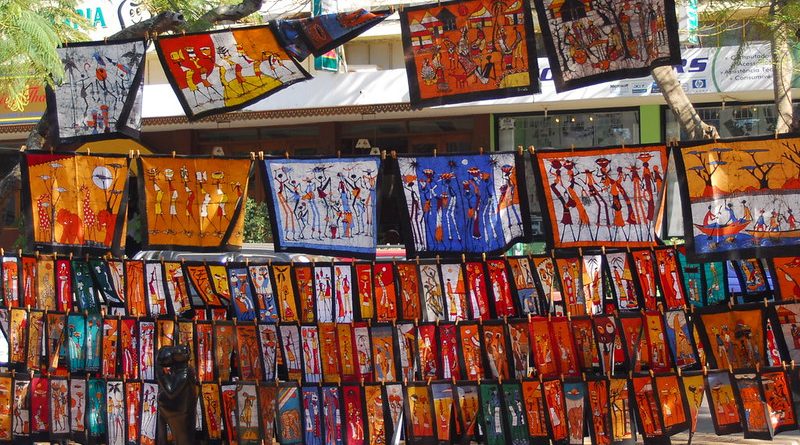
Mozambique
Mozambique is a country with a troubled past. 400 years of Portuguese colonization was followed by a thirty year war for independence then civil unrest. Since 1992 there has been peace in this poverty stricken country but it is only slowly starting to rebuild its infrastructure. Mozambique is a colourful country of lush landscapes, stunning beaches, world class reefs, UNESCO heritage sites, political artwork, and tribal cultures.
When to Go
Mozambique
June to August sees both the lowest temperatures and lowest rainfall. In the late dry season, around September, you will spot plenty of big game. Ornithologists should aim for the middle of the rainy season in November and December.
Read More
Malawi and Zambia Avoid November to April which is the rainy season when many park are closed and visit in May to October for the best game spotting. The late dry season of August to October is best for big game wildlife when animals huddle round the few watering holes, although this is the hottest part of the year. Early dry season (May to June) is best for bird watching in Malawi, with conditions most favorable at the end of the year in Zambia. Mozambique Mozambicans are warm and open yet hardy people who have to live with their country’s natural adversities as well as its manmade ones. The main ethnic groups are the Makua, Makonde, Sena, and Shanagaan peoples. There is a minority group of Portuguese and some other European and Asian pockets. A large proportion of the population are Roman Catholic, except for the Makua who have traditional beliefs. Portuguese is the most common language among the older and young generations due to discontinued education during the wars, others speak the native Bantu languages. Very little English is spoken. Malawi The main ethnic groups are the Chewa, Nyanja, Tumbuko, Yao, Lomwe, Sena, Tonga, Ngoni and Ngonde with some Asian and European minorities. The languages spoken by natives are all Bantu languages with different dialects. Zambia Due to the strange geography of Zambia and its British colonial history there are 35 ethnic groups. English is the national language, even in remote areas. A combination of Christianity and traditional animal totemic beliefs is commonly practiced. Mozambique and Zambia Most visitors needs a three month visa and proof of onward travel. Malawi Citizens of commonwealth countries, the United States, and most European nations (except Switzerland) do not need visas. Visas are limited to 30 days though extensions are easy to get. Mozambique The currency is the Metical (MZM), with approximately 20,000 MZM to the US dollar.For up to date currency information, check the Currency Converter. Mozambique is inexpensive for luxury travel which can be had for as little as $100 per day. Budget for around $50 a day for more moderate standards and don’t leave tips unless you’re in Maputo where they expect you to tip 15 to 20% of the bill. Malawi The currency is the Kwacha (MKW), with approximately 100 MKW to the US dollar.For up to date currency information, check the Currency Converter. Bartering is commonplace. US dollars are widely accepted but it’s also wise to have travelers checks on you. In all mid to top range restaurants and hotels a 10% service charge (6% of which goes straight to the government) plus a 20% tax is added to your bill. It’s polite to leave a modest tip as well as little of this goes back to the people. Budget for around $25 for basic travel staying in cheap hotels. Zambia The Zambian currency is the Kwacha (ZKW) with approximately 5000 ZKW to the US dollar.For up to date currency information, check the Currency Converter. Zambia is more expensive than most countries in East and Southern Africa, so travelers should allow up to $50 per day for moderate standard travel. Feel free to bargain in the markets only. Take cash in preference, or travelers checks which can be changed in large towns at foreign exchange bureaus. Tetanus, typoid, malaria, cholera, rabies and hepatitis are risks in all three countries. Make sure all food is well-cooked and drink only bottled water, carry water purifying tablets with you if you can not boil water and bottled water is not available. In Mozambique there is an additional risk of meningitis, diphtheria, and bilharzias. There are still many un-cleared landmines – up to one million – from the civil war. Do not stray from well-worn roads. In Zambia it is also compulsory to have an International Health Certificate showing proof of a yellow fever vaccination within the past 10 years. Mozaic Travel By Faye WelbornPeople and Language
Visas
Money
Health and Safety
More Information
Mozaic is an excellent place to start when planning your trip to Mozambique. Based in Maputo, Mozaic can help with all aspect of your journey including travel, accommodation, diving, trips to the islands and tours. The helpful staff knows Mozambique inside-out and will make sure your trip goes as smoothly as possible.

